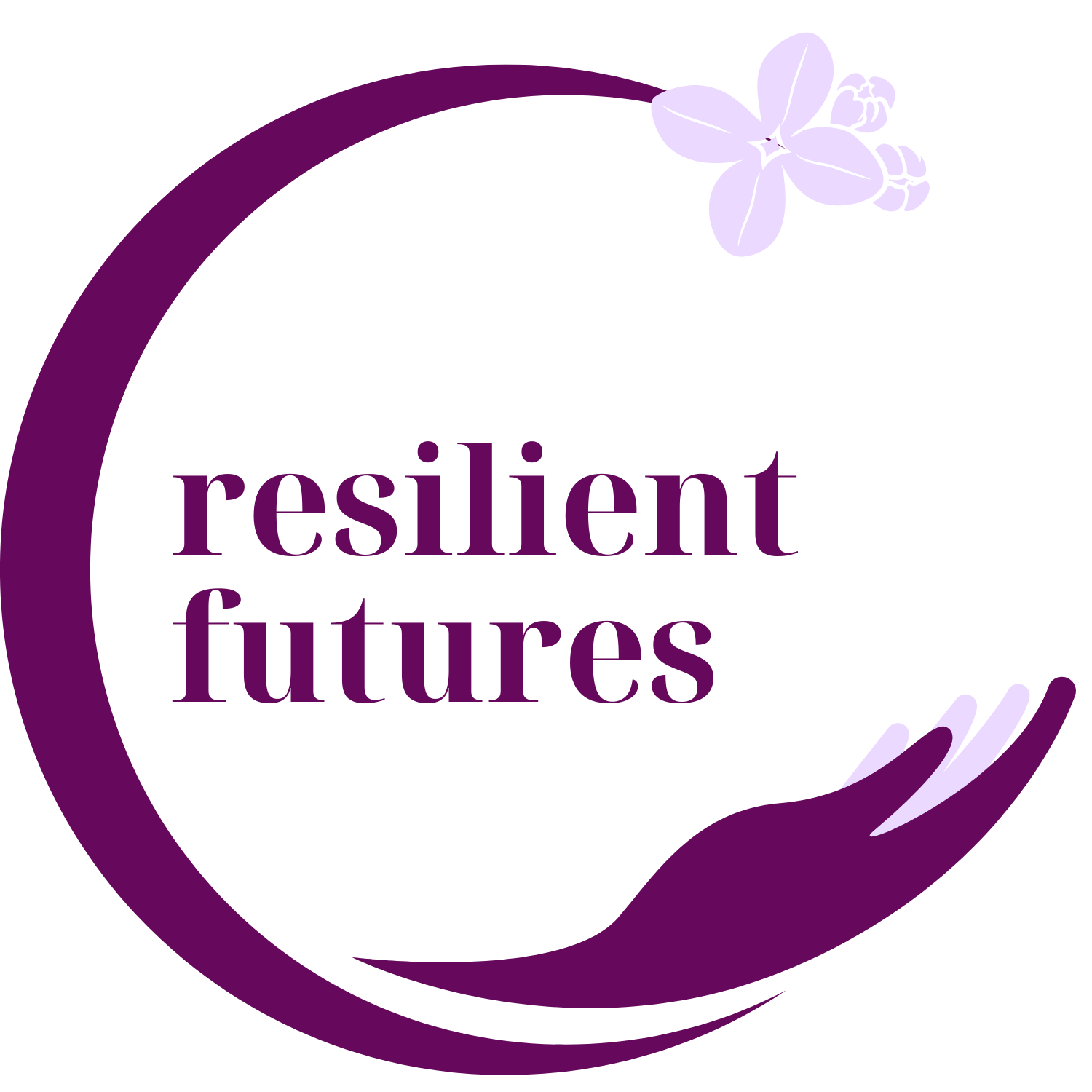Free Educator Guide: Creating and Facilitating Peer-to-Peer Support Groups in Secondary Schools
Adolescence is a critical developmental period marked by significant physical, emotional, and social changes. Peer-to-peer support groups offer a structured and safe environment where students can connect with others facing similar experiences. These groups provide an essential outlet for sharing, understanding, and supporting one another, fostering a sense of belonging and community.
Sign up to read this post
Join Now
